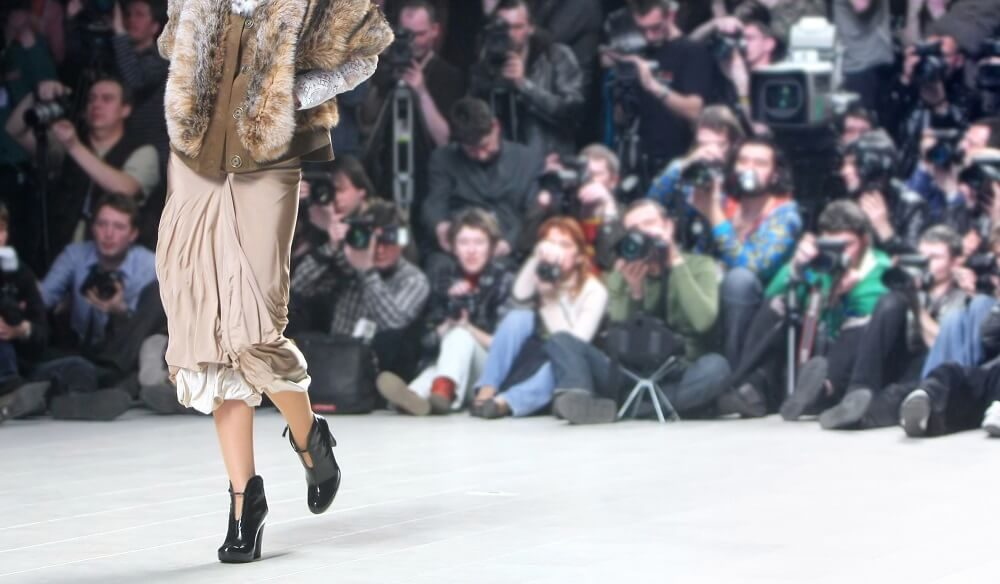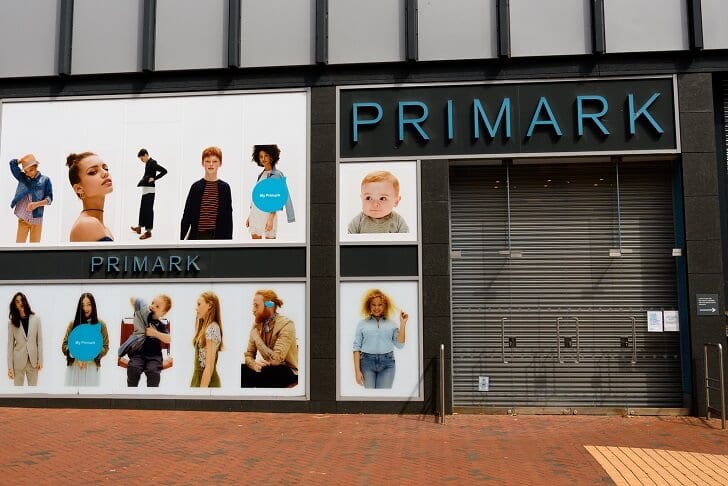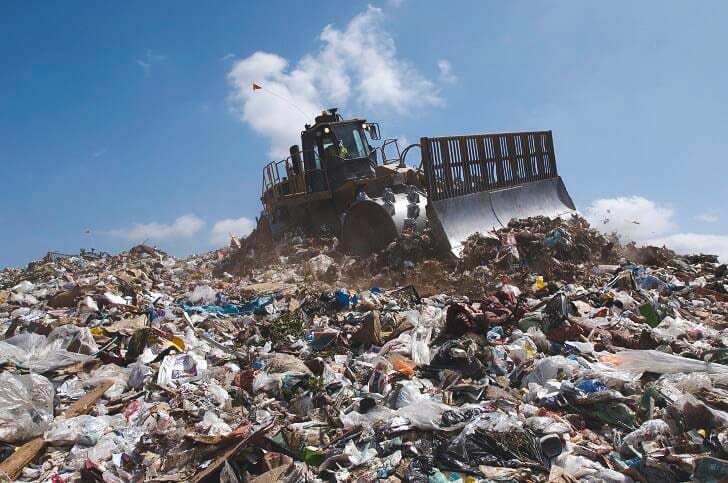
COVID-19 is Highlighting the Fashion Industry’s Ugly Side and it is Truly Shocking

It’s no secret that the fashion industry has long been plagued by criticisms surrounding its unethical production practices and negative impact on the environment. However, its problems seem to be intensified amid the COVID-19 pandemic making it harder for the industry to keep its skeletons in the closet.
Writer Nicky Watkinson sheds light on the dark side of fashion. Find out why she thinks the current reckoning brought by the global health crisis has been a long time coming.
Struggling Brands, Struggling Workers

RogerUtting/Deposit Photos: Primark is a fast-fashion retailer that operates over 370 locations around the world
Numerous fashion brands produce their products overseas. While this allows them to sell affordable clothes and keep up with trends, outsourcing production to poorer nations also comes with serious consequences.
For example, high street fashion brands Matalan and Primark ended up canceling and suspending billions worth of orders from their factories in Bangladesh. Despite this, the brands reportedly failed to offer any financial assistance resulting in them being accused of abandoning their workers and suppliers at a time of need.
Thus, factory workers and owners are left scrambling to find ways to weather the pandemic without a significant cash reserve, Watkinson wrote.
Systemic Problems

londondeposit/Deposit Photos: A reported 85% of all textiles that are produced each year end up in a landfill
Unfortunately, Watkinson observed that even factories on British soil are facing criticisms for its unsanitary working conditions and paying extremely low salaries. For example, ASOS made headlines when its unhygienic facilities reportedly lead to COVID-19 outbreaks among its workers.
Other systemic problems worsened by the coronavirus pandemic are worker exploitation, extreme waste, and obscure supply chains. Despite these pressing issues coming to light, Watkinson laments that there are no sustainable solutions to address them yet.
She also pointed out some initiatives that seek to reduce waste and support workers only put the burden of solving the fashion industry’s problems on the consumer instead of the brands.
Time for Accountability

Dmyrto_Z/Deposit Photos: More and more people are starting to boycott fast-fashion brands in favor of more ethical brands
Thus, Watkinson said that now is the time for us to reflect on our relationship with fast fashion and be aware of our role in a society that is deeply consumer-oriented. She emphasizes how making ethical choices when it comes to fashion is something that not only consumers should practice.
Both the government and corporations in the fashion industry should be held accountable. In turn, consumers must resort to collective action to urge these institutions to address pressing issues for systemic change to happen.
More in LifeStyle
-
`
WWE SmackDown to Make a Comeback on USA Network in 2024
In a surprising twist, WWE’s Friday night staple, “SmackDown,” is bidding farewell to Fox and heading back to its old stomping...
November 24, 2023 -
`
Why Women Face Higher Out-of-Pocket Health Expenses
In healthcare, disparities persist, and a recent report from Deloitte underscores a significant financial gap between working women and men in...
November 18, 2023 -
`
Elon Musk vs Bill Gates: The Clash of Titans
In the realm of the world’s wealthiest individuals, a simmering rivalry has been captivating public attention. It’s not a clash of...
November 7, 2023 -
`
The Power Of Disconnecting
In our digitally driven age, where smartphones, tablets, and laptops have become extensions of ourselves, disconnecting might seem daunting. However, the...
October 31, 2023 -
`
JCPenney’s Bankruptcy: The End of an Era
JCPenney filed for bankruptcy in a move echoing the struggles of many retailers in the wake of the COVID-19 pandemic. This...
October 26, 2023 -
`
Reasons Why You Need a Financial Plan
Financial planning is not just for the wealthy or those nearing retirement. It’s a crucial tool for anyone seeking financial security...
October 19, 2023 -
`
How Brad Pitt Spends His Millions All Over the World
Brad Pitt, the charismatic Hollywood superstar, has left an indelible mark on the silver screen and made an impact in the...
October 10, 2023 -
`
Gen Z’s Posh Palate: The Unexpected Rise of Caviar Culture
Amid the backdrop of a digital era buzzing with viral dances, e-sports, and niche memes, there emerges a peculiar plot twist:...
October 7, 2023 -
`
Transform Your Retail Business With Social Media Mastery
If you’re a retail marketer posting your social media messages haphazardly, you might be missing out on prime opportunities to turn...
September 26, 2023















You must be logged in to post a comment Login